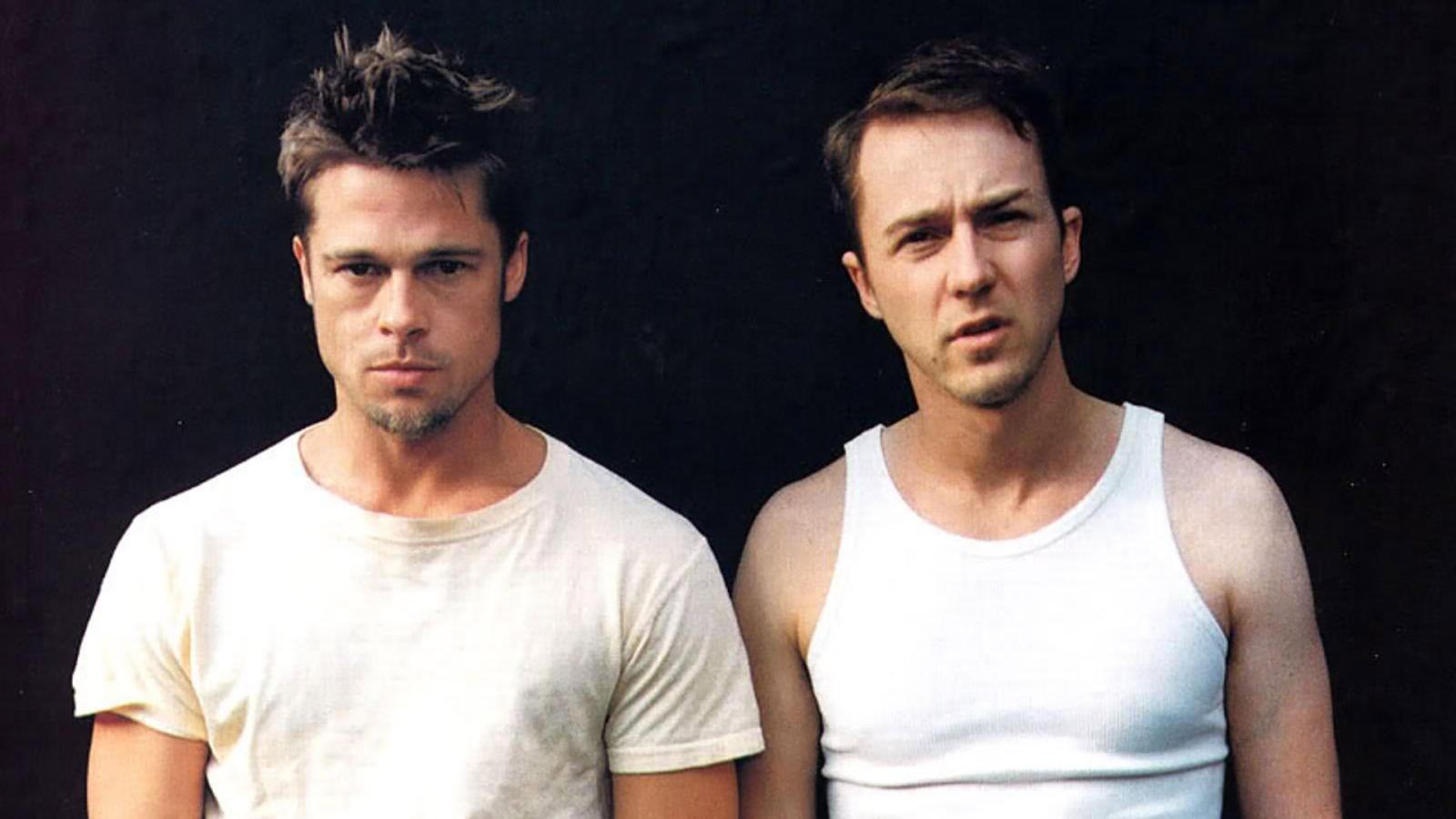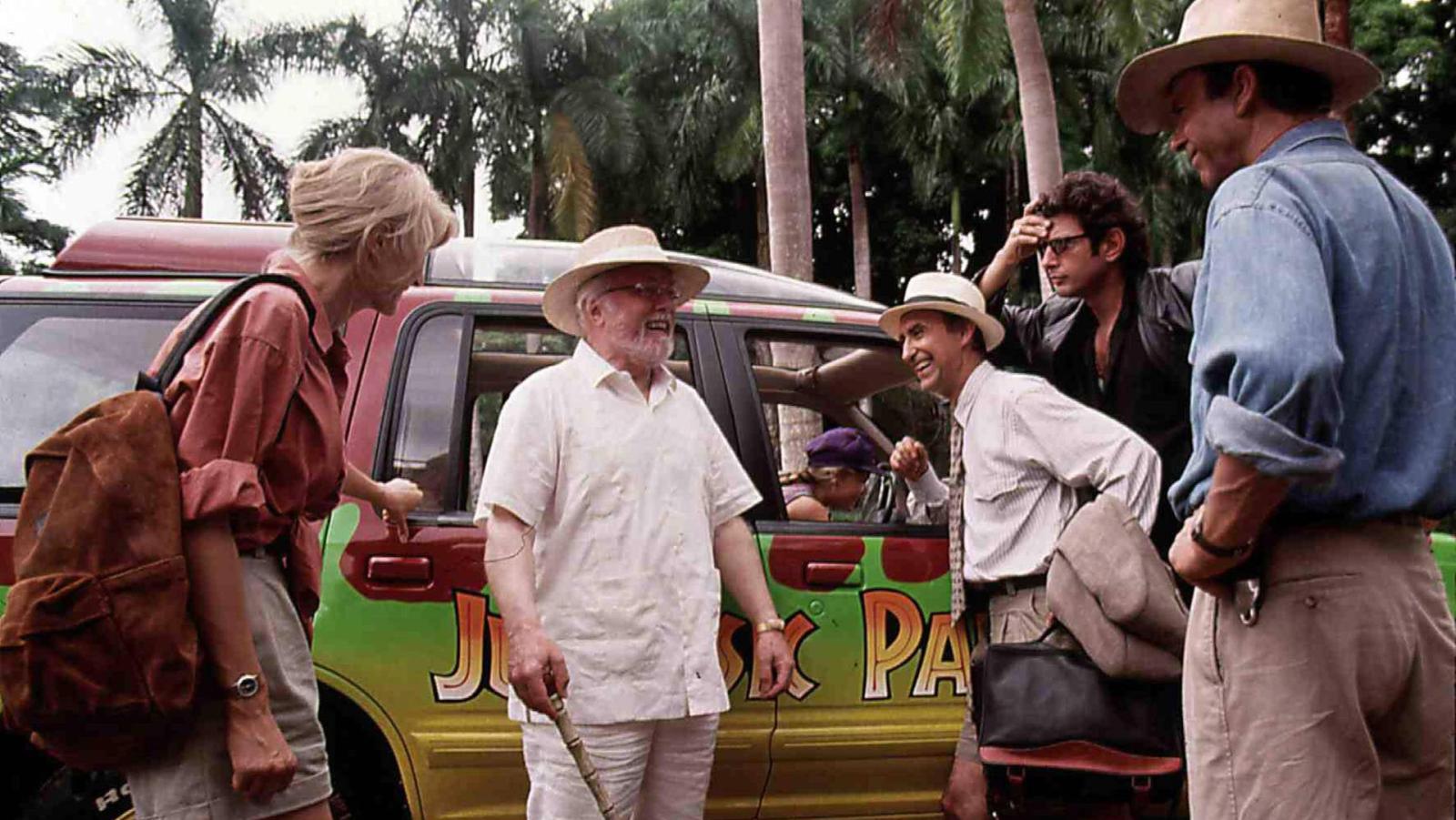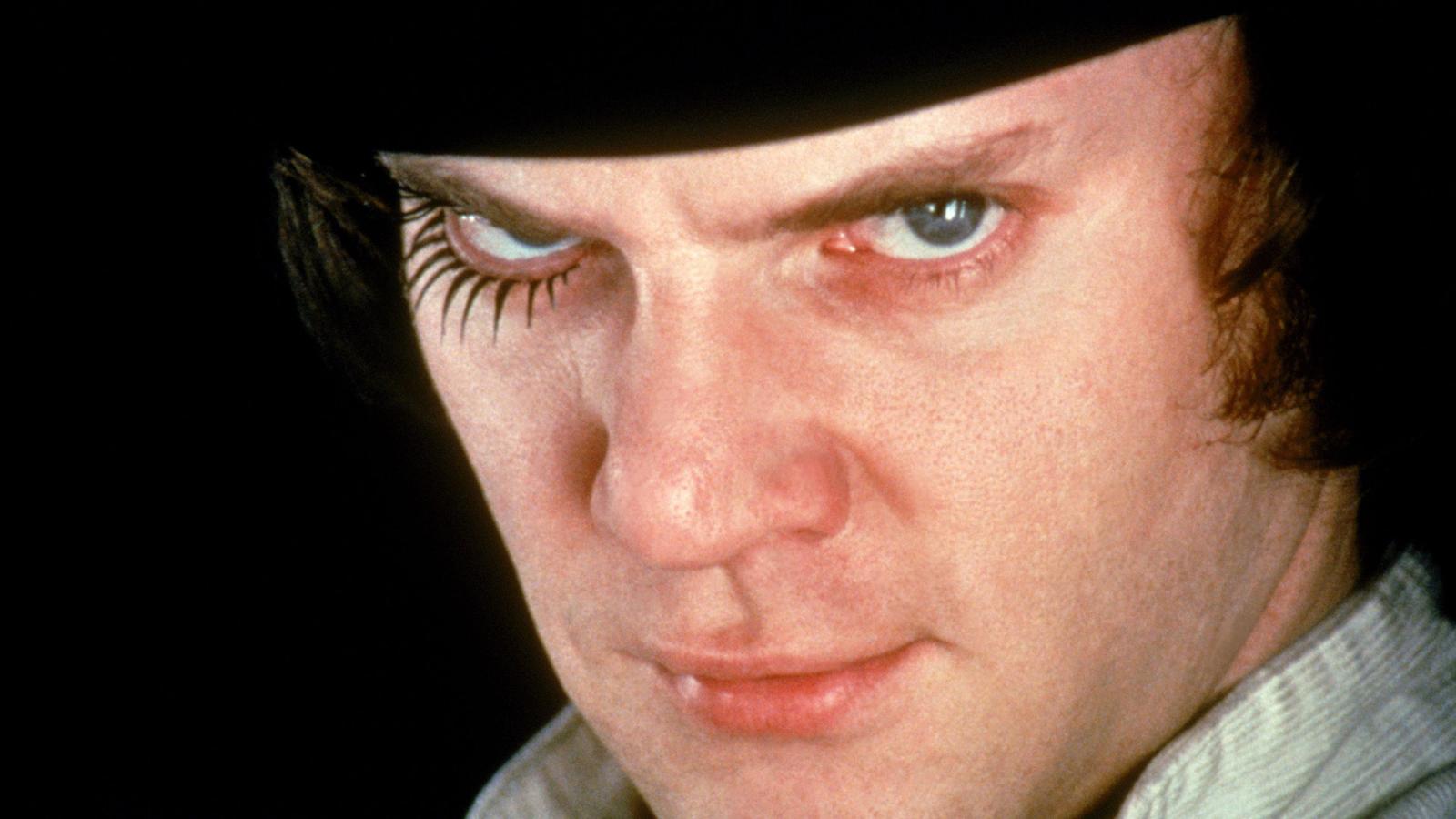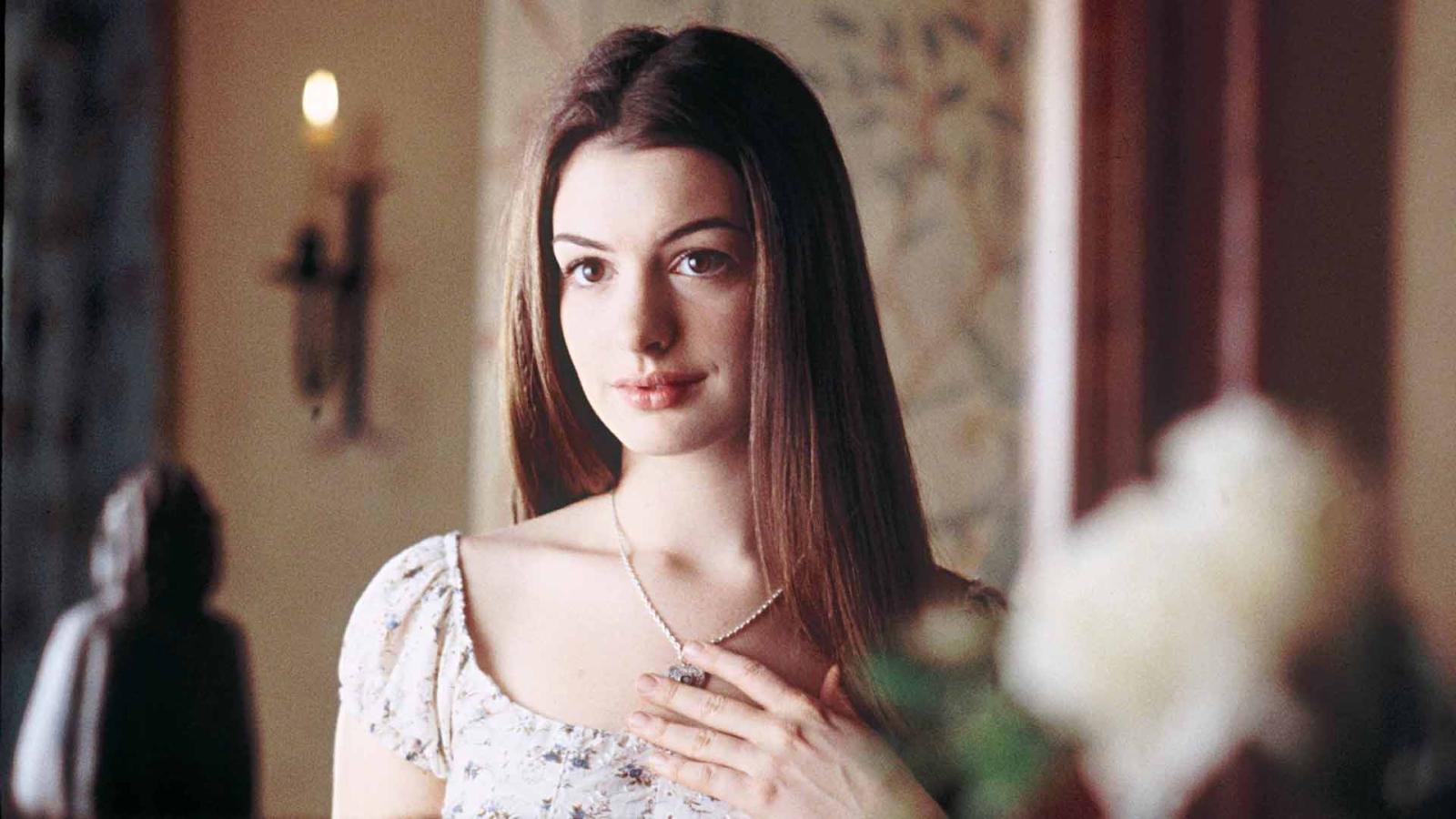10 Movies Totally Different From The Books They're Based On

We're not saying these adaptations are bad per se (who could ever say that about Fight Club in the first place?), but still.
1. The Shining (1980) by Stanley Kubrick:
.jpg)
One of the most iconic horror movies ever, The Shining is loosely based on Stephen King's novel of the same name. The movie centers around Jack Torrance, a recovering alcoholic who accepts a job as the winter caretaker of the isolated Overlook Hotel, bringing his wife and son along. However, the film vastly deviates from the book by altering character development, thematic elements, and even the fate of major characters.
King's Jack is a flawed, loving father gradually driven mad by the hotel, whereas Kubrick's Jack starts off unstable. King was famously unhappy with the adaptation, and it's no wonder – they feel like two completely different stories!
2. Fight Club (1999) by David Fincher:

This cult classic, starring Brad Pitt and Edward Norton, is based on Chuck Palahniuk's novel, revolving around an insomniac protagonist's descent into the anarchic world of an underground fight club. Now, the movie and book follow a relatively similar trajectory until we reach the climax.
In the novel, the protagonist's plot to destroy the credit card companies fails, and he wakes up in a mental hospital. Conversely, in the movie, the plan actually succeeds, ending with a poignant scene of the buildings collapsing as he holds hands with Marla.
3. Jurassic Park (1993) by Steven Spielberg:

While Spielberg's adaptation is an unforgettable cinema experience, the movie simplifies and alters much from Michael Crichton's original novel. The book delves deeply into chaos theory and genetic manipulation, while the film is more a thrilling dino-adventure.
Additionally, key characters like John Hammond and Ian Malcolm have drastically different arcs in the book, with Hammond being a less sympathetic character and Malcolm not surviving. Yet, even though they diverge, both versions offer a wildly exciting, cautionary tale about messing with Mother Nature.
4. World War Z (2013) by Marc Forster:
.jpg)
Based on Max Brooks's acclaimed novel, the movie version of World War Z turns a thoughtful, geopolitical examination of a zombie apocalypse into a more straightforward, action-packed Brad Pitt vehicle. The book is a collection of individual accounts from around the world, providing a global perspective on the crisis, whereas the film follows a single protagonist's story, which isn't even in the original book. The depth and scope of the book are lost in translation, making the film adaptation feel like a different beast entirely.
5. I Am Legend (2007) by Francis Lawrence:
.jpg)
The film, featuring Will Smith as the last man on Earth in a post-apocalyptic world, strays considerably from Richard Matheson's original novel. While the general premise remains the same, the film omits key elements like the societal structure of the vampires and the original book's thought-provoking ending. Matheson's vampires are sentient beings capable of thought and organization, whereas in the film, they are more traditional, mindless monsters. The changes result in two very different narratives, despite sharing a title.
6. A Clockwork Orange (1971) by Stanley Kubrick:

Another Kubrick entry, A Clockwork Orange, is based on Anthony Burgess's novel about dystopian society and a violent protagonist, Alex. The film ends with Alex returning to his violent tendencies after being 'cured' of his criminal behavior. However, the original book contains an additional chapter where Alex genuinely grows out of his violent phase, a significant deviation and a controversial topic between those who prefer the darker, cyclical narrative of the movie or the more hopeful ending of the book.
7. Percy Jackson & The Olympians: The Lightning Thief (2010) by Chris Columbus:
.jpg)
This adaptation of Rick Riordan's beloved book series unfortunately misses the mark when it comes to capturing the essence of the original (no wonder pretty much every fan dislikes it with passion). The film follows Percy Jackson, a demigod son of Poseidon, on a quest to prevent a war among the gods. However, the film aged up the characters from middle schoolers to high schoolers, and numerous pivotal events and characters were either changed or omitted.
The essence of Percy's character, a lovable, slightly clueless but brave hero, is replaced with a more generic 'cool' persona in the movie – a crime in and of itself if you ask fans. It's almost as if the film decided to write its own myth, straying far from the charming, whimsical world Riordan created.
8. The Hobbit Trilogy (2012-2014) by Peter Jackson:
.jpg)
While Jackson's The Lord of the Rings trilogy is a masterpiece of faithful adaptation, the same can't be said about The Hobbit. The book is a relatively straightforward, children's adventure story following Bilbo Baggins, a Hobbit, on a quest with a group of dwarves.
The films, however, stretch the content into three lengthy movies, verging on being a blatant cash-grab, adding new subplots, characters, and battles that aren't in the original text. The expansion of Evangeline Lilly's Tauriel, an entirely original character, and her love triangle with Kili and Legolas, has no precedent in the book.
9. Blade Runner (1982) by Ridley Scott:
(1).jpg)
Based on Philip K. Dick's Do Androids Dream of Electric Sheep?, Blade Runner is a sci-fi classic, but it's a far cry from the source material. Both the film and book revolve around Rick Deckard, a bounty hunter tasked with 'retiring' rogue androids. Yet, the film excludes the book's concepts of Mercerism (a new religion), real versus artificial animals, and the 'mood organ,' which greatly influence the theme and mood of the book.
Moreover, the film introduces the ambiguity of Deckard's own humanity, a question the book never poses. In stripping away these elements, the film presents a more streamlined, albeit different, dystopian tale.
10. Ella Enchanted (2004) by Tommy O'Haver:

The film, while charming, took Gail Carson Levine's engaging Cinderella retelling and turned it into a rather generic fairytale movie. In the book, Ella is cursed with obedience, which forms the basis for a plot full of rich characters and clever problem-solving. The film keeps the obedience curse but changes much else: it introduces an evil uncle and talking snake not present in the book, and the nuanced character of Prince Char is reduced to a stock prince figure.
Additionally, the book's more unique elements like different races, languages, and Ella's resourcefulness in breaking her own curse are largely absent from the film. For fans of the book, the movie feels like a whole different ball game.